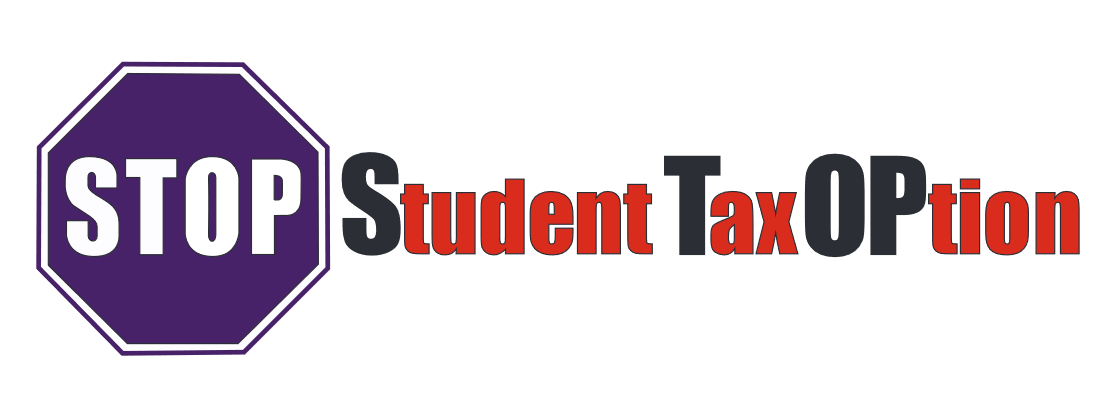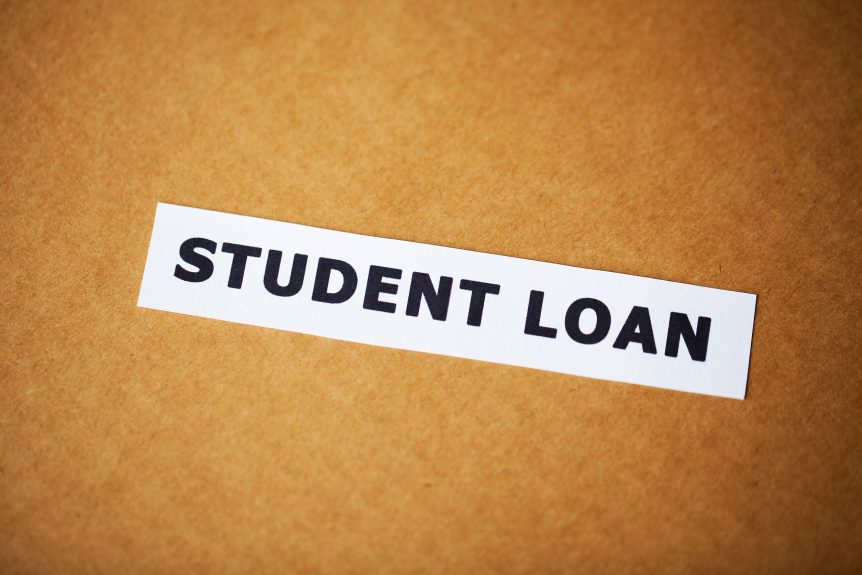Once you have finished your college career, you will need to begin repayment on your student loans. It can be a daunting task, especially as you are just starting out in your career. There are beneficial repayment options, but be sure to research before you jump into any ill-advised repayment situations. For instance, refinancing your student loans can allow you to obtain a lower interest rate and lower your monthly payment, but there are some rules you should consider as you start your refinancing quest.
Be Wary of Refinancing with a Private Lender
Do not refinance your federal student loans through a private lender if you are using certain programs. There are government plans meant to make paying your loans back easier. By refinancing with a private lender, you are especially vulnerable to losing federal assistance. You will lose the chance to take advantage of income-driven repayment, which will also help you lower your monthly payment. You will also forgo programs like Public Service Loan Forgiveness. Federal deferment and forbearance will cease to be an option as well when you refinance through a private lender.
You Can Change Your Repayment Plan without Refinancing
You are not relegated to only refinancing when it comes to changing your student loan repayment plan. Your federal student loans are not locked into a specific repayment plan. You can adjust your plan as your financial situation changes. Extended repayment plans give you 25 years to pay off your student loan debt. Income-driven plans let you pay a percentage of your income for 20 to 25 years and then forgive them. You have options for repayment beyond refinancing.
Consolidation of Federal Loans
Direct Consolidation Loans will give you the opportunity to make one payment per month after you combine all your loans. You will keep your federal loan status as these loans are managed through the federal government. A new interest rate will be calculated for you, but it is generally around the same rate as the previous loans. Consolidating your federal loans is done free of charge by the Department of Education, and there is never any point in which you should be asked for a fee for this service.
Private Loans Can be Refinanced Any Time
Any time you qualify for refinancing your private loans, you can do so. There are no limits, but you should consider if it is a financially sound decision before you opt to refinance. If there is a drop in interest rates, you should look into refinancing.
Remember federal student loans can be refinanced by private lenders, but once you have switched to a private lender, you cannot refinance back into federal loans. So, be sure that moving your loans into the private sector benefits you more than the federal advantages you could receive.
Refinancing Your Student Loans More Than Once
You will have financial changes in your life while you still have student loan debt. Luckily, you will be able to refinance your student loans more than once. You are able to have your student loans refinanced to allow for lower monthly payments. As a result, it may time more time to pay back your student loan debt. But, that could be what you need the most at a specific time in your life, whether it be because of your career or other personal events preventing you from making larger payments.

